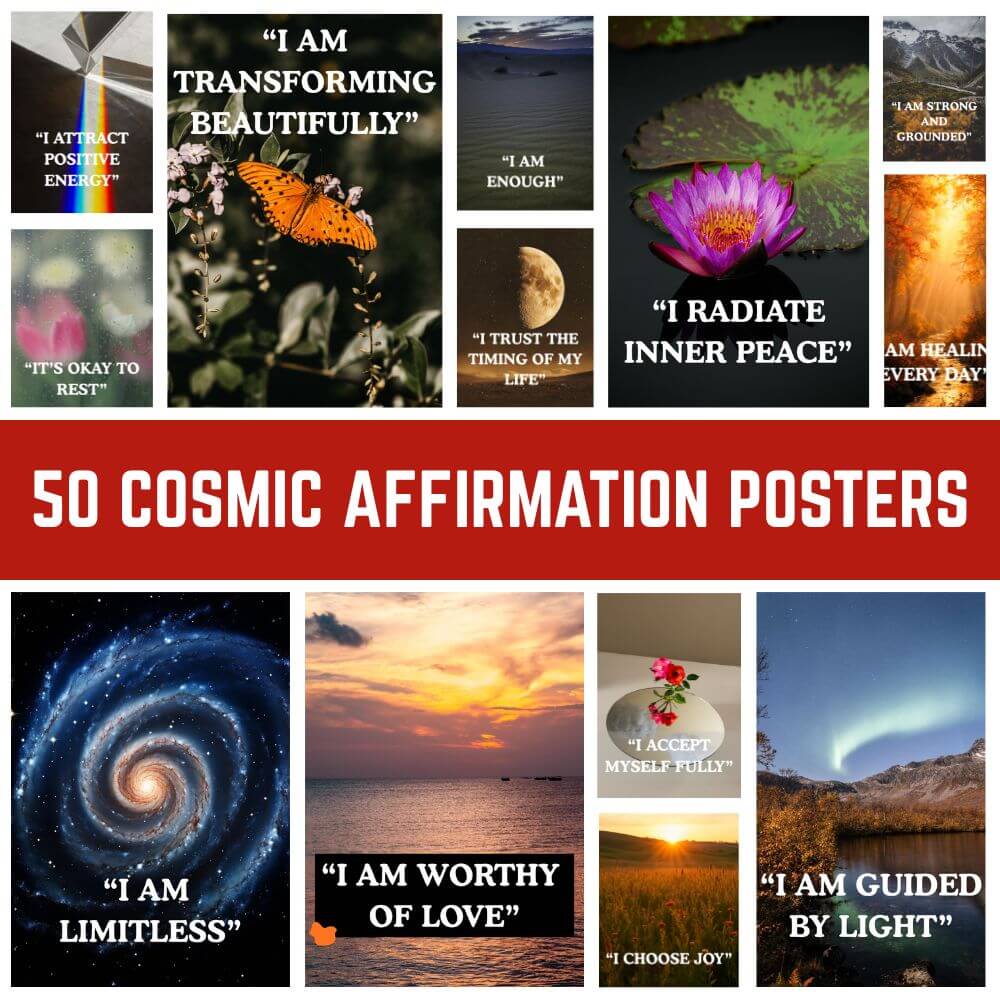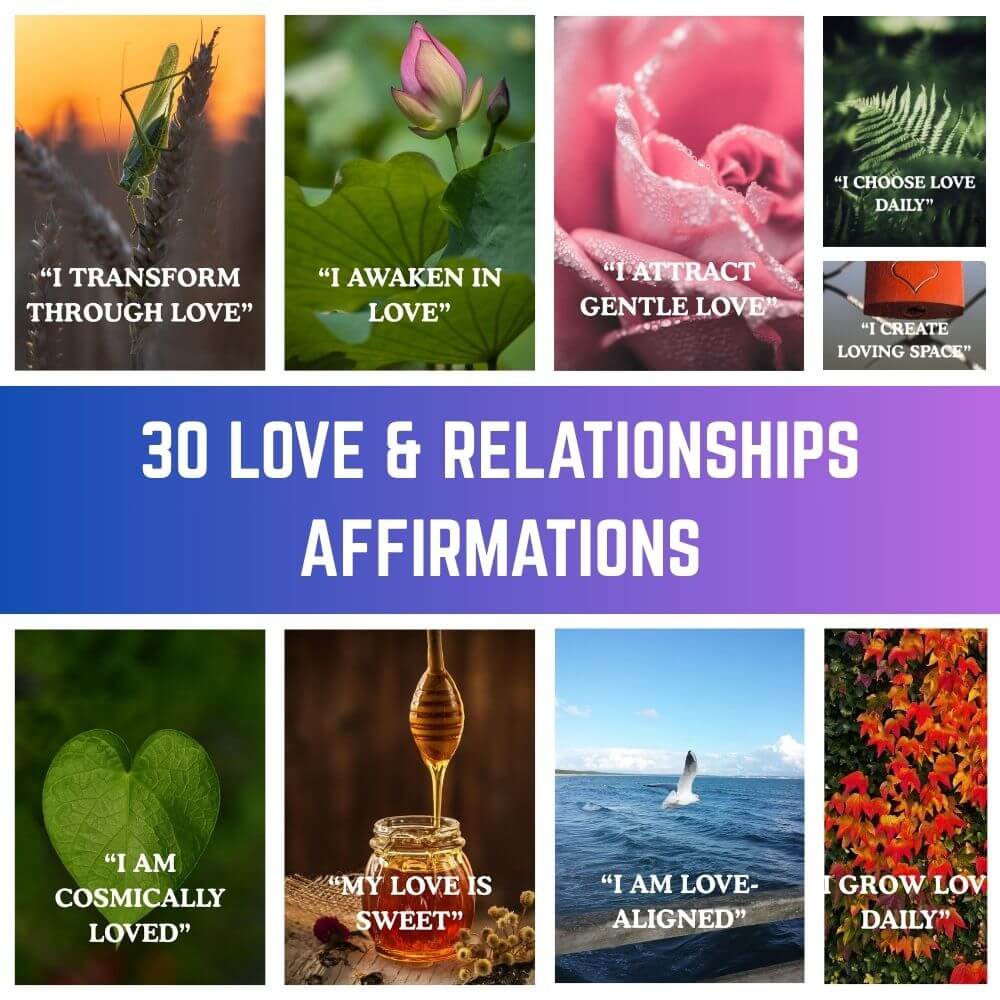Atheism is often associated with a rejection of supernatural beliefs, but does that mean atheists can’t believe in concepts like love at first sight, destiny, or horoscopes? The answer isn’t as straightforward as it might seem. Atheism primarily concerns the lack of belief in deities, but it doesn’t necessarily dictate a person’s stance on other abstract or metaphysical ideas.

In this article, we’ll explore the nuances of atheist beliefs, examining whether atheists can embrace ideas like fate, astrology, or numerology without contradicting their worldview. We’ll also look at how secular perspectives interpret these concepts and why some atheists might still find meaning in them.
Understanding Atheism: More Than Just Disbelief in Gods
Atheism, at its core, is the absence of belief in gods or deities. However, it doesn’t inherently reject all non-scientific or abstract concepts. Many atheists rely on empirical evidence and rationality, but individual interpretations vary widely. Some may dismiss anything supernatural, while others might find metaphorical or psychological value in ideas like destiny or love at first sight.
For example, an atheist might view “love at first sight” as a strong initial attraction driven by biological and psychological factors rather than fate. Similarly, horoscopes could be seen as entertainment rather than cosmic truth. The key distinction is whether these beliefs are taken literally or appreciated as symbolic or cultural phenomena.
Can Atheists Believe in Love at First Sight?
Love at first sight is often romanticized in literature and media, but is it compatible with atheism? Many atheists approach this concept from a scientific perspective, attributing intense initial attraction to neurochemical reactions rather than divine intervention. However, some may still use the phrase metaphorically without implying a supernatural force.
- Biological Perspective: Dopamine and serotonin surges can create powerful emotional responses.
- Psychological Angle: Confirmation bias may lead people to interpret strong attraction as “fate.”
- Cultural Influence: Romantic narratives shape how we perceive relationships.
Thus, an atheist might acknowledge the emotional reality of love at first sight without attributing it to destiny or higher powers.
Destiny and Atheism: A Contradiction?
The idea of destiny implies a predetermined path, often linked to divine will. Most atheists reject this notion because it conflicts with a naturalistic worldview. However, some might use “destiny” poetically to describe life’s unpredictable yet meaningful turns.
For instance, an atheist might say, “We were destined to meet,” as a way of expressing gratitude for chance encounters without invoking supernatural forces. This linguistic flexibility shows how secular individuals can engage with traditionally spiritual language in a metaphorical sense.
Horoscopes and Numerology: Entertainment or Belief?
Astrology and numerology are often dismissed by atheists as pseudoscience, but some may still enjoy them as cultural artifacts or tools for introspection. The difference lies in whether they’re taken seriously as predictive systems or appreciated as symbolic frameworks.
- Psychological Comfort: Horoscopes can offer a sense of guidance, even if not literally true.
- Social Bonding: Discussing zodiac signs can be a fun, communal activity.
- Historical Interest: Numerology and astrology have rich cultural histories worth studying.
While most atheists reject the literal truth of these systems, their engagement with them doesn’t necessarily contradict atheism—it simply reflects a human appreciation for narrative and symbolism.
Conclusion: Atheism and Abstract Beliefs Can Coexist
Atheism doesn’t require a complete rejection of all non-empirical ideas. Many atheists navigate concepts like love at first sight, destiny, and horoscopes by interpreting them through psychological, cultural, or metaphorical lenses rather than supernatural ones. The key is whether these beliefs are held dogmatically or flexibly.
Ultimately, atheists, like anyone else, are free to find personal meaning in various concepts as long as they don’t conflict with their foundational rejection of deities. Whether seen as poetic expressions, psychological phenomena, or simple entertainment, these ideas can still hold value in a secular worldview.





